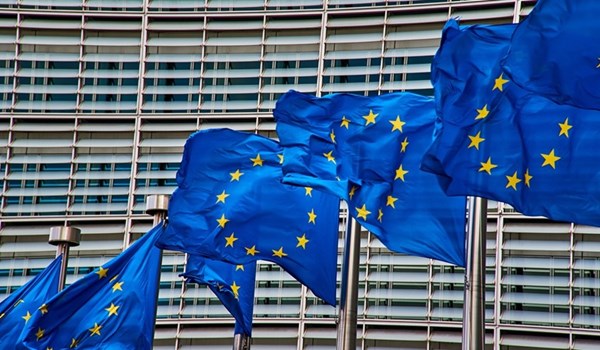Malta’s tax system, often labeled as a haven for foreign shareholders, has resulted in the wipeout of a staggering €1.3 billion in foreign tax revenue in 2022, which amounts to almost 8% of GDP.
An analysis by Newsbook.com.mt into Malta’s tax receipts reveals how the island’s tax policies have attracted international scrutiny from tax justice campaigners and MEPs.
In 2022 alone, companies initially expected to contribute €1.5 billion in taxes ended up paying a mere €216.6 million.
Finance Minister Clyde Caruana disclosed these figures in response to a parliamentary query by Opposition MP Bernice Bonello, highlighting a long-standing practice that has raised concerns about fairness and transparency.
Since 2008, over €1 billion annually in taxed profits generated outside Malta has been erased from the tax records, allowing only a fraction of this revenue to be retained.
In 2021, Malta’s international tax unit kept €259 million in revenues left over after the refunds paid out: instead of €1.8 billion.
Approximately 8,000 active companies registered in Malta have benefited from a tax reduction scheme, where the Maltese government refunds 85% of the taxes paid by these companies.
This arrangement, part of an agreement with the European Commission, was intended to maintain Malta’s competitiveness.
Malta-based companies pay the lowest tax on profits of any country in the EU. Local businesses pay a 35% tax on profits, but foreign corporations pay as little as 5% thanks to a complex system where shareholders can receive a tax refund of up to six-sevenths of their tax paid in Malta. The average rate in the EU is around 22%.
Malta’s tax regime
While Malta’s tax system has attracted criticism for favouring foreign shareholders, recent global developments suggest impending changes. Last year, Malta agreed to the OECD’s global minimum corporate tax pact, signalling a shift toward greater tax fairness and global alignment.
Malta agreed to a global tax rate but with exceptions for companies with €750 million or more in profit and certain sectors. Under the agreement, multinationals in Malta might pay 5% tax locally and 10% elsewhere.
Previously, Caruana indicated a willingness to preserve Malta’s low tax regime but acknowledged the complexity of the issue.
Malta’s attractiveness as a tax haven has drawn criticism from larger EU economies like Germany, France, the UK, and Italy.
Despite traditionally relying on tourism and manufacturing, Malta has transitioned to a service-based economy, with a focus on financial services and banking.
The country offers advantageous tax rates to attract investment, facilitated by its tax laws and regulations. Maltese legislation underwent significant changes upon EU accession in 2004, resulting in low-tax regimes for both companies and individuals.
The adoption of a “full-imputation” tax system taxes corporate profits at 35%, but companies enjoy exemptions from inheritance and wealth taxes, as well as annual property taxes.
Companies registered in Malta are deemed resident and domiciled, subject to tax on income generated in Malta and foreign income received in Malta. The statutory corporate tax rate is 35%, with shareholders benefiting from tax refunds on distributed dividends.
Companies under 35% tax bracket contribute €470.9 million
In parallel to Malta’s tax policies benefiting foreign entities, the island’s corporate tax regime imposes a significant burden on local businesses.
With a corporate tax rate of 35%, Malta ranks among the highest globally, surpassing even developed economies like Argentina and Cuba.
Despite this high tax rate, local companies have been subjected to substantial tax liabilities, contributing substantial amounts to the national exchequer.
Data from the Malta Tax and Customs Administration reveals that companies operating under the 35% tax bracket paid €470.9 million in taxes in 2022 alone.



